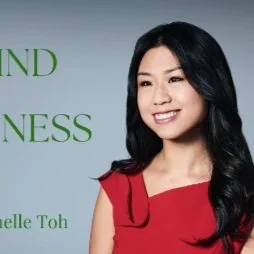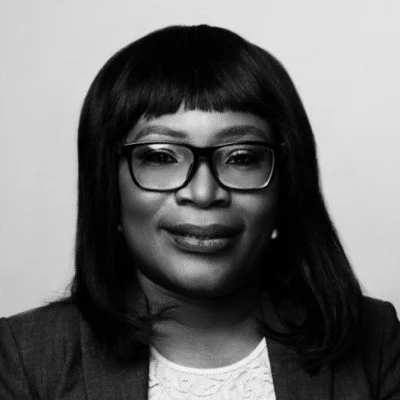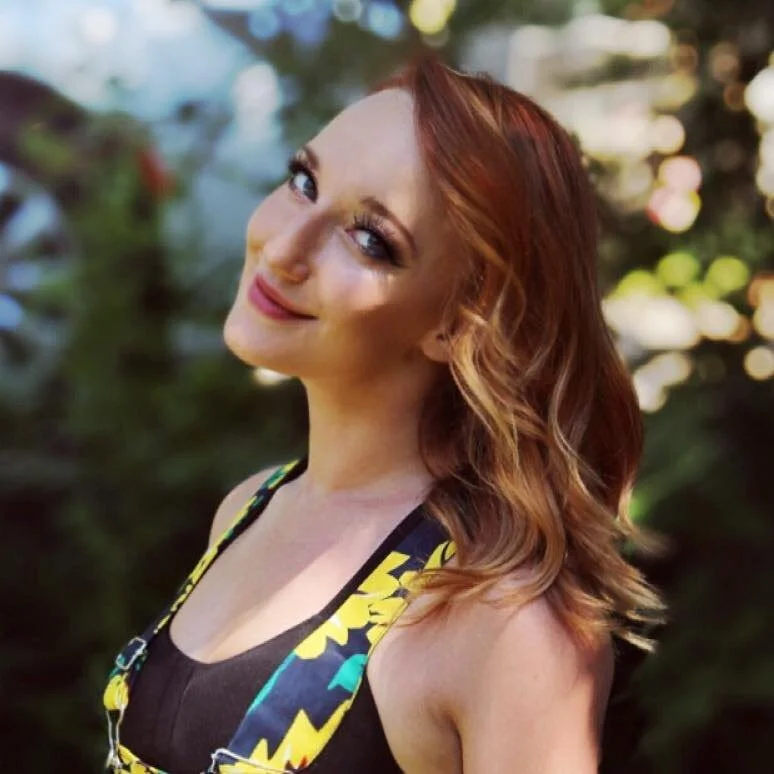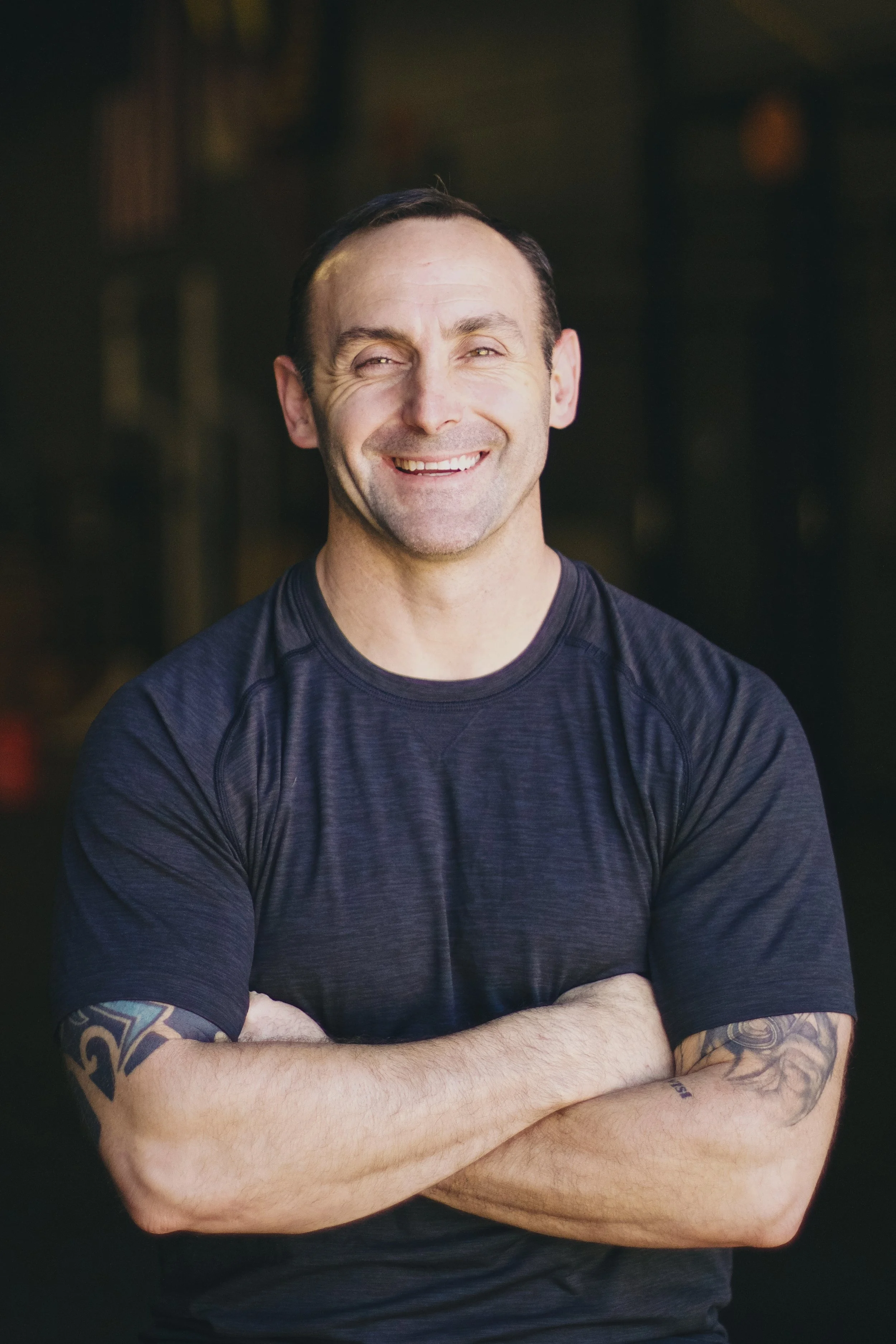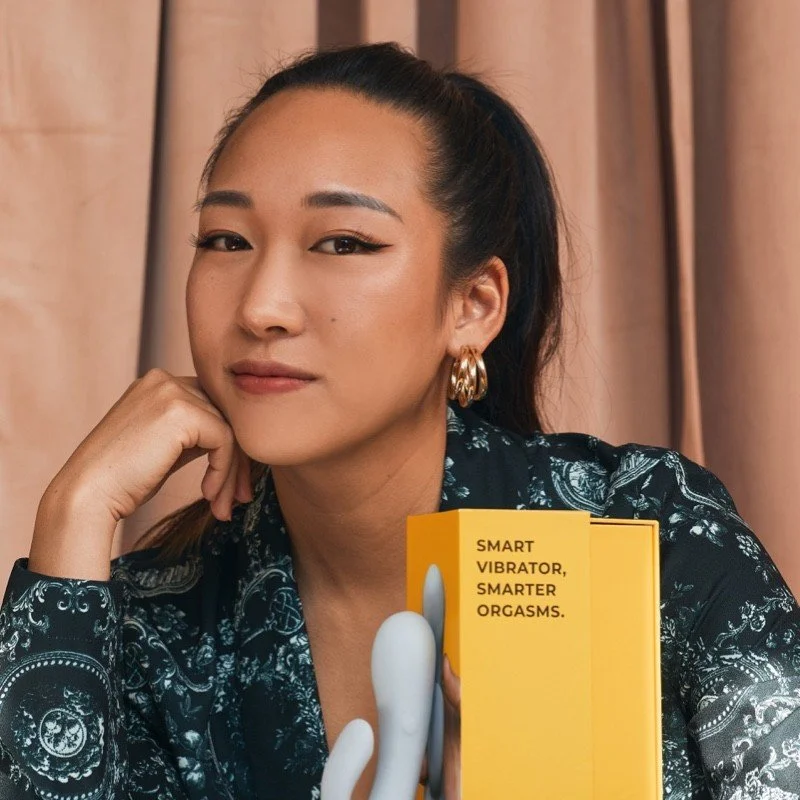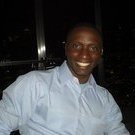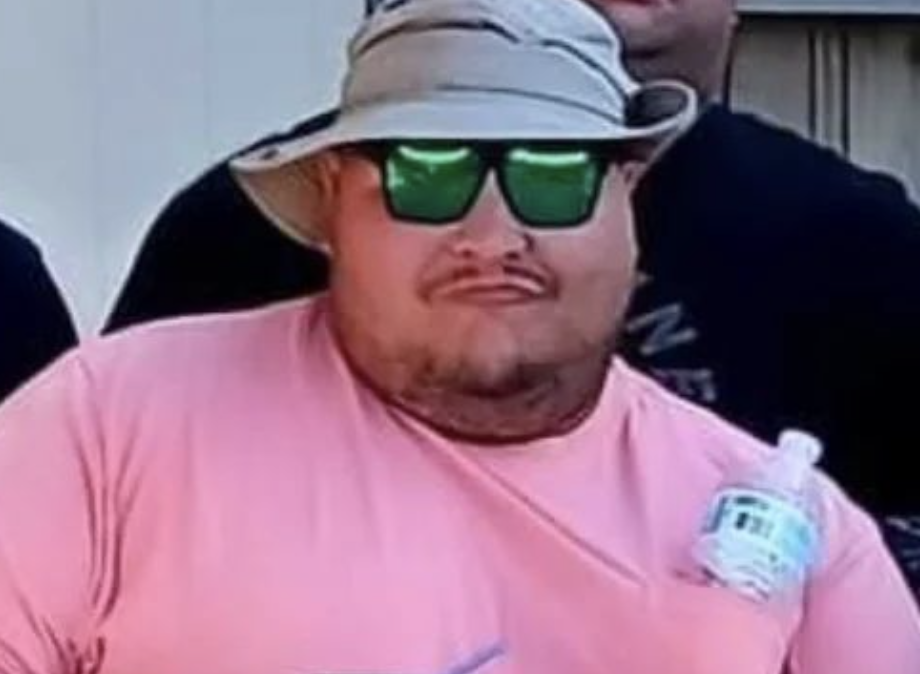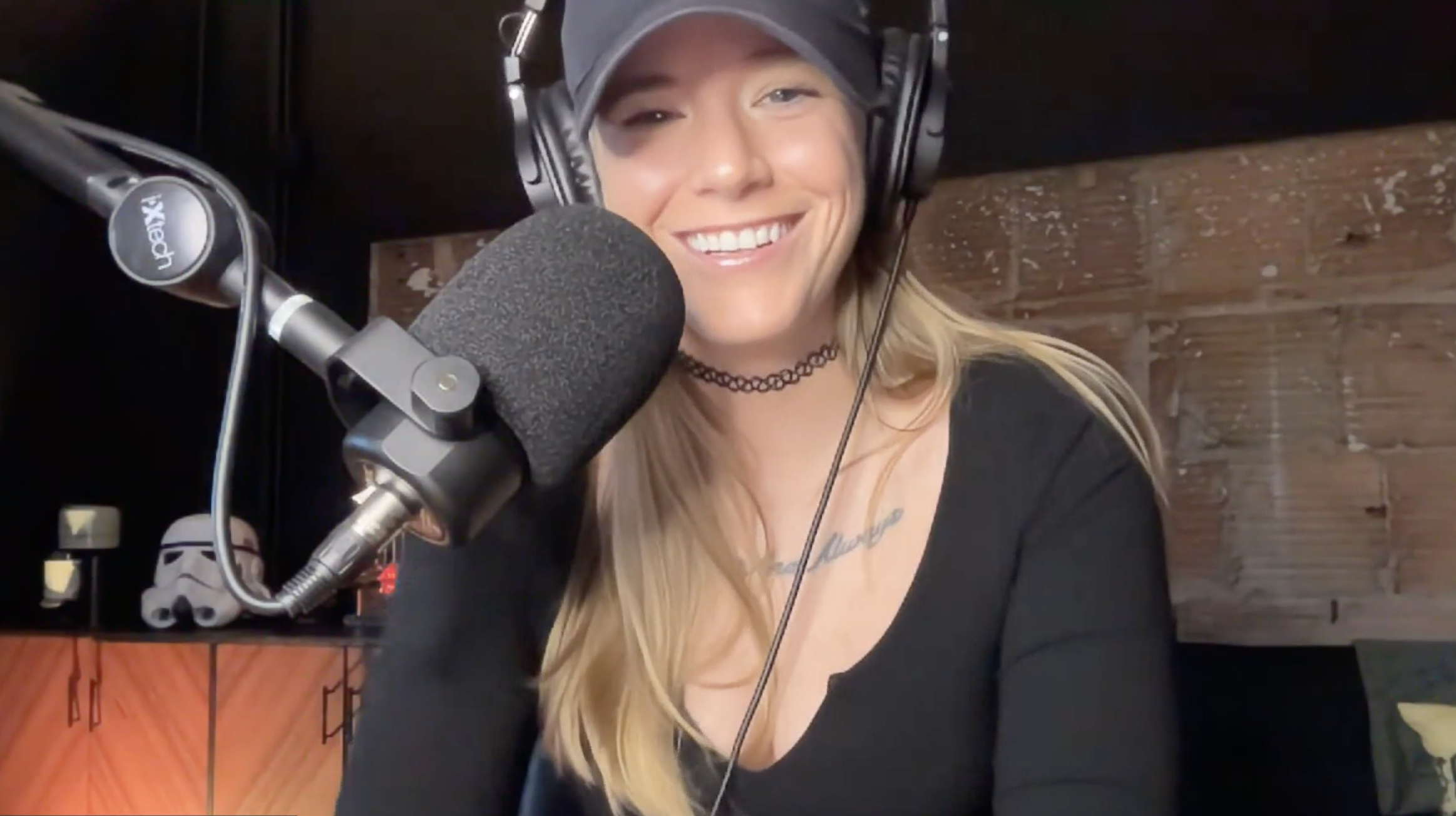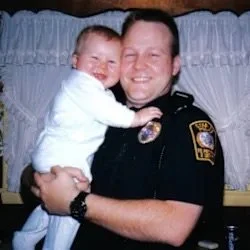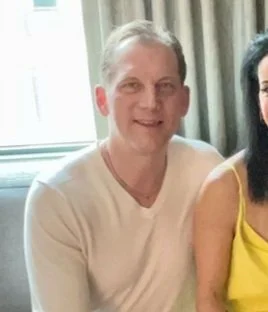Ready to build your own table with podcasting?
Get clarity on your next move in minutes
Lauren C. – The Dadvocate (500k+ YT subs)
"Misbah is worth every dollar and more. You have no idea how much finding Misbah means to me. He just keep finding new ways to prove I found the best, kindest, most hardworking and attentive to detail person I could have found. I wish he could have been there during the times I couldn’t even say out loud “I need to hire someone” because I was sooo afraid of trusting someone with my work, Misbah was the exact person I needed. He is the definition of 'IN YOUR CORNER'”
⭐️⭐️⭐️⭐️⭐️
Hi 👋🏽 I’m Misbah Haque, author of Pod Mahal.
I always think about how if I had never started a podcast in 2016, I wouldn’t have:
Landed a seemingly impossible internship
Hired for my dream job by the best in my industry
Worked with Fortune 100 execs, pro athletes, military & SWAT officers
Helped my boss launch a top ranking show that I also co-hosted for 120 episodes
Met listeners from around the world in-person like Italy and Poland
Gained access to people and opportunities that weren’t ‘available’
Realized I could be useful without being center of attention
I was 22 with no audience and zero reason for anyone to listen to me.
Start your podcast today—it might just change your life.
Reviews
CONSULTING
A 3-Month Sprint to Design a Podcast Ecosystem That Converts
$994/month
Capture the right attention at every stage of your funnel — from discovery to conversion.
This 3-month consulting package is designed to revamp your branding, messaging, and positioning so your business stands out and resonates with your ideal audience.
We meet twice a month for 60 minutes, giving you a clear roadmap and a real human in your corner to help you stay focused, aligned, and accountable.
Perfect if you’re done guessing and ready to turn your podcast into a strategic asset.




